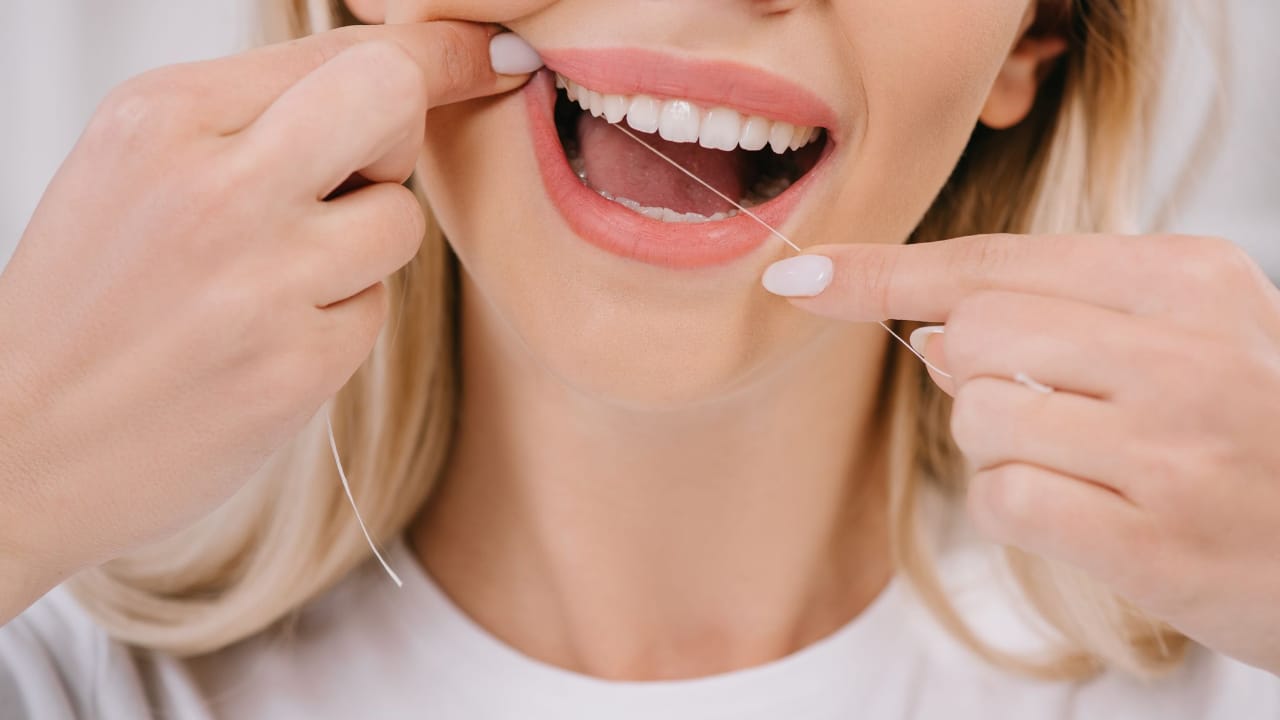dentists alexandria va
Are dentists happy?

A dentist will also be able to detect signs of tooth decay. Your dentist may also be able to detect signs of gum inflammation. Your dentist might recommend you floss more frequently. You may also be offered special polishing paste to help polish your teeth. This paste doesn't taste and helps to dissolve hard-to get rid of buildup.
You should verify that the dentist has the right training and is experienced. You should ensure that the dentist is qualified to perform your service. The dentist should be reliable and honest. Make sure you ask about their experience, qualifications and educational background. It is also important to check whether the dentist uses cutting-edge equipment.
You should consider many aspects when choosing a dental professional. Make sure you have the right type of treatment you want. You may need to visit a specialist depending on what your requirements are. This is especially important if your treatment involves extensive dentistry. You should also check the qualifications and training of the dentist.
dentists alexandria va